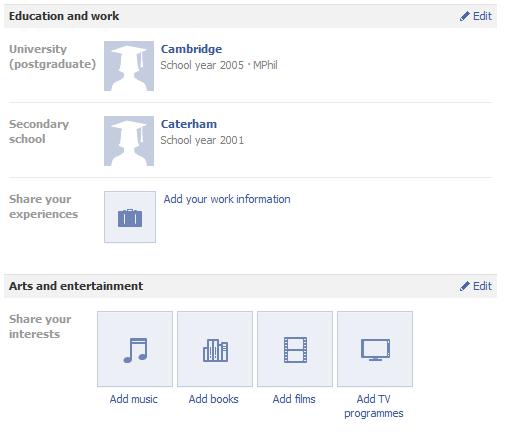The internet, criticism and the culture wars
735 words | ~4 min
Malcolm Gladwell, mid-way through either stating the obvious or missing the point in a New Yorker piece on social media and activism, writes:
We would say that Mao posted that power comes from the barrel of a gun on his Facebook page, or we would say that he blogged about gun barrels on Tumblrand eventually, as the apostles of new media wrestled with the implications of his comments, the verb would come to completely overcome the noun, the part about the gun would be forgotten, and the the big takeaway would be: Whoa. Did you see what Mao just tweeted?
To me the most important word in that paragraph is 'whoa'.
'Whoa' is not a word you put in the mouths of others if you want to portray them as serious and independent-minded thinkers. Nor, let's be honest, is 'apostles'. Speaking of long words, rhetoricians (there's one) used to call this tactic 'prosopopoeia' (there's a second) - speaking in the voice of another, to make a point of your own. Gladwell's point here, I think, is that social media users are essentially shallow and vacuous.
While pausing briefly to ponder the vacuities that print is able to bestow upon the world every day without anyone blaming the medium (yes, McLuhan, yes), this derisory 'whoa' speaks volumes about the ongoing vitality of the old debate about 'high' vs 'low' culture.
Only a few days ago, the Observer's Culture section went all 'O Tempora! O Mores!' about the shift in power from professional critics to amateur criticism. Unsurprisingly, social media was roped in for a whacking:
The real threat to cultural authority turns out not to be blogging but social networking... The point isn't that the traditional critics are always wrong and these populists are right, or even that these comments are overwhelmingly negative or invariably take on the critical consensus. More often than not, they aren't and they don't. The point is that authority has migrated from critics to ordinary folks, and there is nothing - not collusion or singleness of purpose or torrents of publicity - that the traditional critics can do about it. They have seen their monopoly usurped by what amounts to a vast technological word-of-mouth of hundreds of millions of people.
Those familiar with the history of debates on the function of criticism, particularly around the rise of English studies in the late 19th/early 20th century, might feel the icy breath of T.S. Eliot ('breathing the eternal message of vanity, fear, and lust', maybe) and others at this point. If you're not familiar, I recommend Chris Baldick's The Social Mission of English Criticism, or virtually anything by Stephan Collini. This is not a new story - mass participation is the death-knell of criticism, as surely as home taping kills music.
There is no doubting which side of the high/mass culture division the internet falls on. What's doubtful is the continued insistence that mass culture has to be low culture. (If you don't think you're prone to this, go on, ask yourself: which is really better, Classics or media studies? If you have an answer off the top of your head, either way, you're prone.) Look all over the web and you will find thoughtful, sustained engagements with the future of media and culture that make many 'function of criticism' arguments look paltry and narrow. For all the dumb, there is plenty of smart - and, whereas much high cultural aesthetics invites you to pay no attention to the man behind the curtain, the best critical theories of mass culture ask you to understand the smart in the context of the dumb. Not just with the aim of appreciation of the smart (as in many aesthetic formalisms), but with the aim of understanding various cultural systems as wholes (or interlocking sets, or whatever - pick your metaphor), and perhaps even of engaging and (dare I say) improving, of helping the smart outnumber the dumb.
It's enough to make you say 'whoa'. And, thanks to various miracles of technology and economy, it's in all of our hands (quite literally; or pockets). Which means it may be time to take criticism seriously as a discipline. Again.
# Alex Steer (03/02/2011)
 Right, so what's happened here? Clearly a forty year period does not constitute a period of economic shock, and everything other than that massive hill of data does not constitute a meaningful change in usage.
If you bother to go to Google Books and
Right, so what's happened here? Clearly a forty year period does not constitute a period of economic shock, and everything other than that massive hill of data does not constitute a meaningful change in usage.
If you bother to go to Google Books and 

